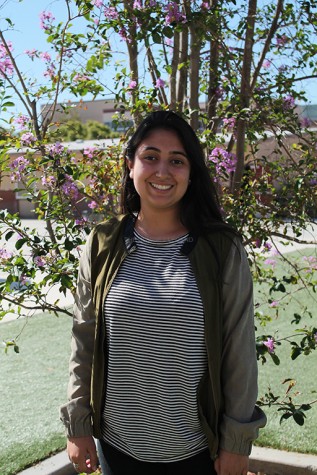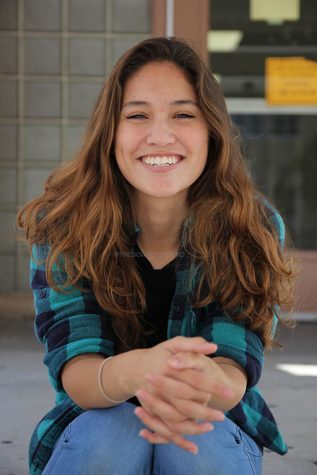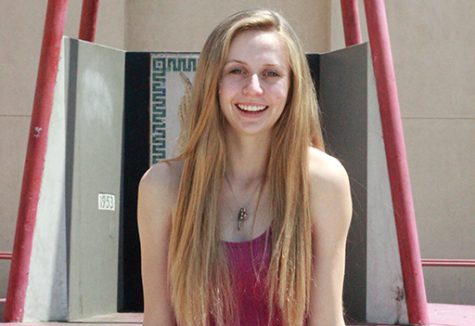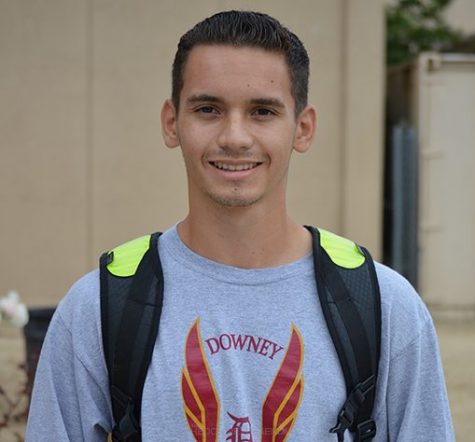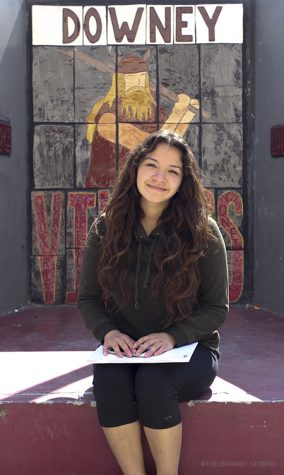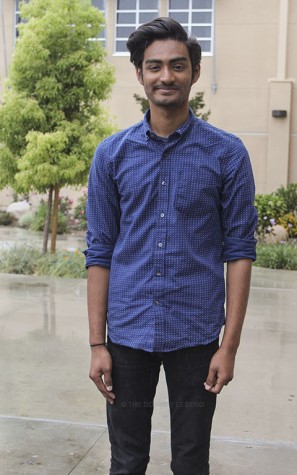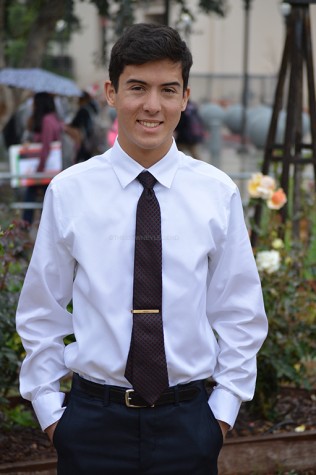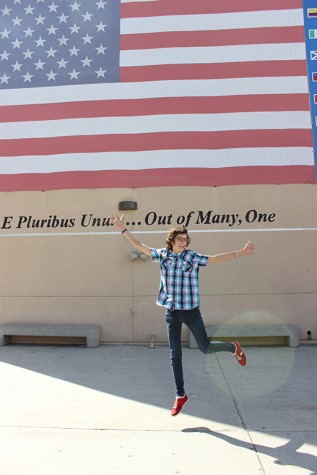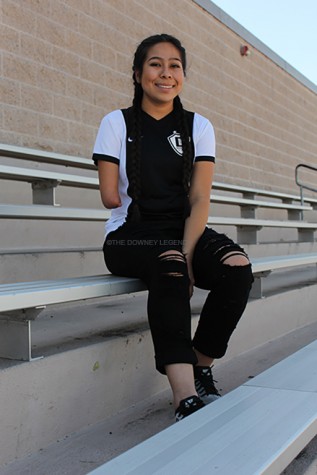The Bolivian Voter
March 4, 2016
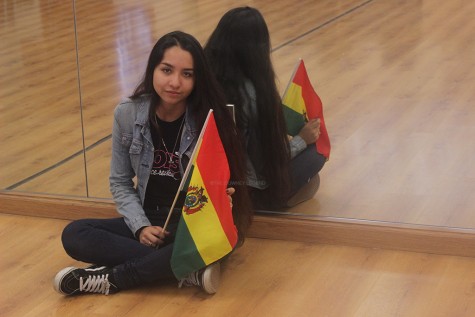
In the midst of elections in the both the United States and in Bolivia, dancer, Lucia Ruiz, 12, finds herself able to vote in Bolivia, yet to not able vote in the United States for the time being.
Q1: How is it that you can vote in Bolivia while being here in the U.S.?
A1: I have a citizenship in Bolivia and after a law was passed around 2009, that changed the constitution which basically allowed citizens outside Bolivia to be able to vote for referendums and the president. I’m able to do that, but I didn’t do it this time because I didn’t get to register in time.
Q2: How does it feel that you can vote in Bolivia but not in the U.S.?
A2: I don’t have my citizenship in the U.S., but in about 2 or 3 years I’m going to be able to get it, so I would just vote then. I feel that it’s very important to be a member of the country, both in Bolivia and here. I would be able to make a difference, so I would really like to vote and once I’m able I’ll be really happy.
Q3: Is voting different in Bolivia than in the U.S.?
A3: Yes, here there’s an electoral college so it’s an indirect vote, but in Bolivia it’s a direct vote. Also, it involves citizens outside the country because there are a lot of people around the world that are Bolivian. 200,000 people live in the U.S. alone. People in Bolivia are also forced to vote, and here it is voluntary.
Q4: Do your family members vote as well?
A4: Yes, recently there was a referendum stating whether or not the president could run for a second term, and my father voted for that.
Q5: Do you plan on voting in the future?
A5: Yes. If anything comes up, if any referendums specifically, or any opportunity I will definitely do it.



